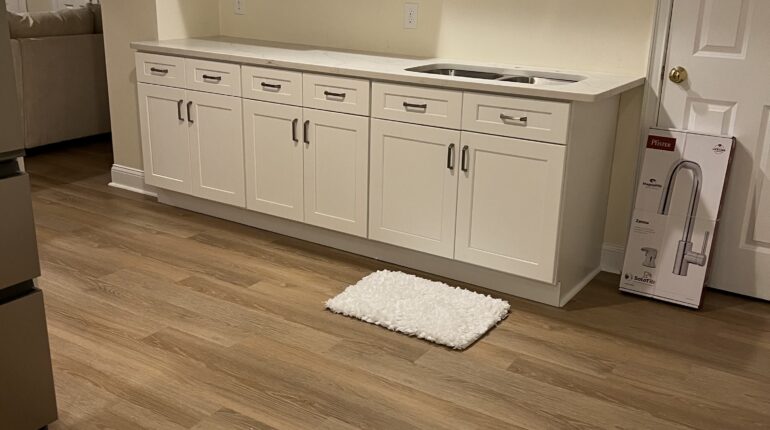
Homeownership comes with a never-ending list of tasks and projects, from simple repairs to major renovations. As a homeowner in Rhode Island, it’s crucial to know when to put on the DIY hat and when to call in the professionals.
While taking on certain tasks yourself can be satisfying and cost-effective, there are instances where hiring a handyman or contractor is the wisest choice.
In this guide, we’ll explore the factors that should influence your decision and provide examples of common DIY mistakes to help you make an informed choice
Assessing Your Skills and the Project Complexity
Before deciding whether to embark on a DIY project, assess your skills and the complexity of the task at hand. Basic tasks like painting a room or assembling furniture are often manageable for the average homeowner. However, more complex projects, such as electrical work or plumbing repairs, may require professional expertise. In Rhode Island, where homes can vary in age and construction, understanding the intricacies of your property is essential.
Example: A homeowner attempting to rewire their home without proper knowledge could risk electrical hazards or damage to the property. In such cases, hiring a licensed electrician is a safer choice.
Time Constraints
Consider the time constraints associated with your project. While a DIY approach might save money, it can also consume a significant amount of your time. If the project is time-sensitive or requires specialized skills, hiring a professional can ensure a quicker and more efficient outcome.
Example: Landscaping projects, such as installing a new irrigation system or building a patio, may take a homeowner weeks to complete. Hiring a professional landscaper not only guarantees a faster completion but also ensures the job is done correctly
Local Regulations and Permits
Rhode Island has specific building codes and regulations that must be adhered to for certain projects. DIYers might overlook the need for permits or fail to comply with local codes, leading to legal issues or complications during property inspections. Professionals are well-versed in these regulations, ensuring your project is up to code.
Example: Adding a room to your home without obtaining the necessary permits can result in fines or the need to undo the work. Hiring a professional who understands local regulations can prevent these complications.
Budget Considerations
While DIY projects can save money, it’s essential to weigh the potential costs of mistakes. Consider your budget carefully and evaluate whether hiring a professional is a more cost-effective option, especially for complex or high-stakes projects.
Example: A homeowner attempting to repair a leaking roof without proper knowledge may end up causing more damage. In such cases, hiring a professional roofer initially could save money in the long run.
Common DIY Mistakes to Avoid
a. Ignoring Safety Precautions: Neglecting safety measures can lead to accidents or injuries. Always use appropriate safety gear and follow guidelines.
b. Underestimating the Project Complexity: Taking on a project without a clear understanding of its complexity can result in costly mistakes. Research and plan accordingly.
c. Skipping Permits: Avoid the temptation to skip permits. Failure to comply with local regulations can lead to legal issues and project delays.
d. Using Incorrect Tools or Materials: Using the wrong tools or materials can compromise the quality and longevity of your project. Invest in the right equipment or consult with a professional.
Conclusion
In Rhode Island, homeowners should strike a balance between tackling DIY projects and hiring professionals. Assess your skills, project complexity, time constraints, and budget carefully to make an informed decision.
Remember, it’s always better to seek professional help for complex or potentially hazardous tasks to ensure the safety and longevity of your home. By avoiding common DIY mistakes and recognizing the limits of your expertise, you can maintain and enhance your Rhode Island home wisely.

